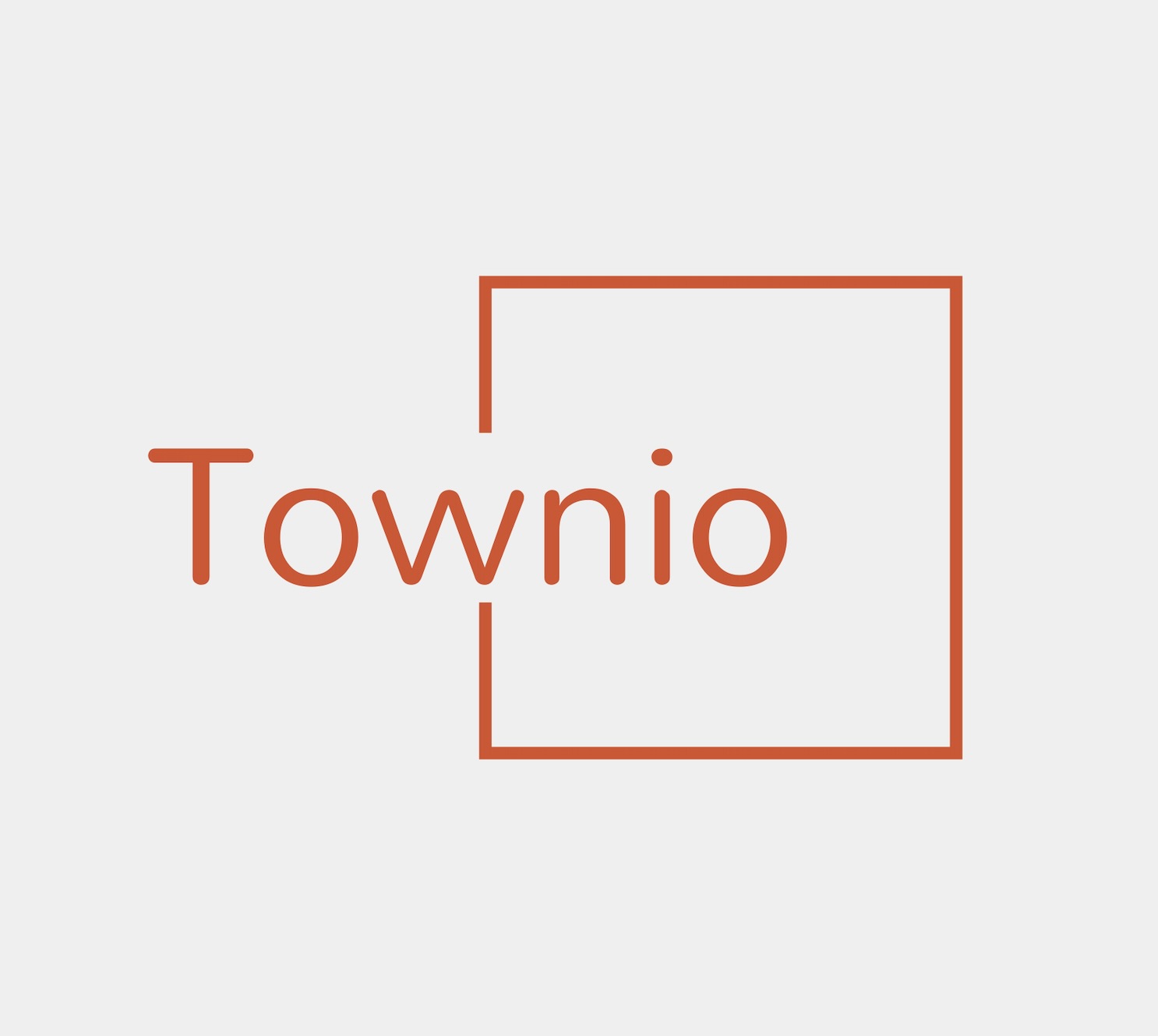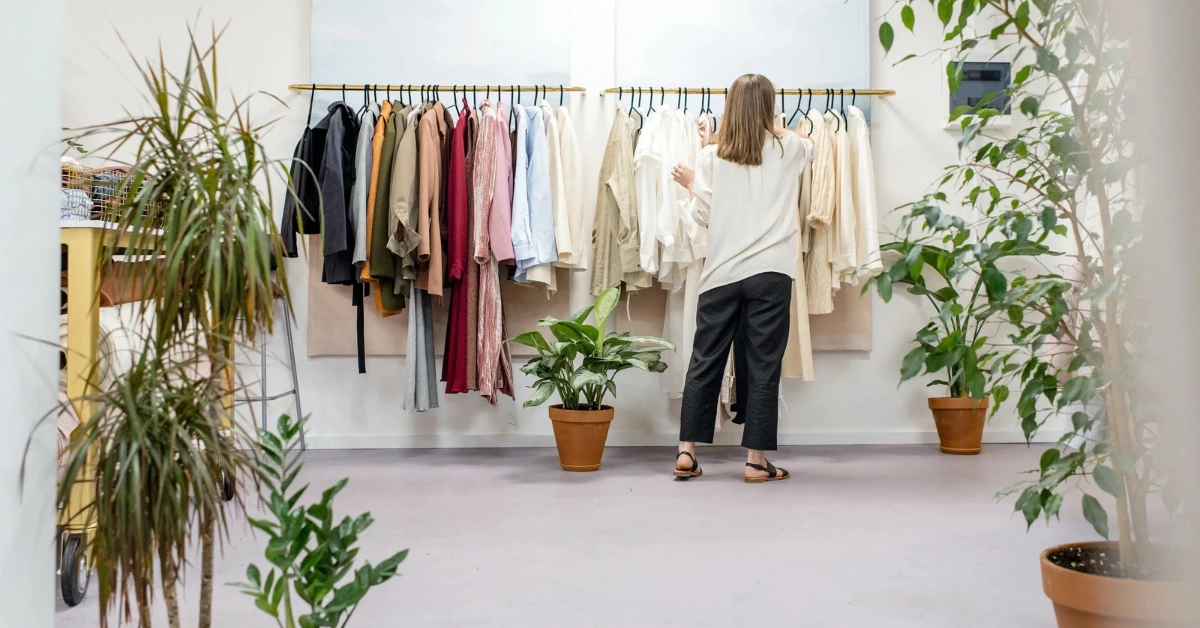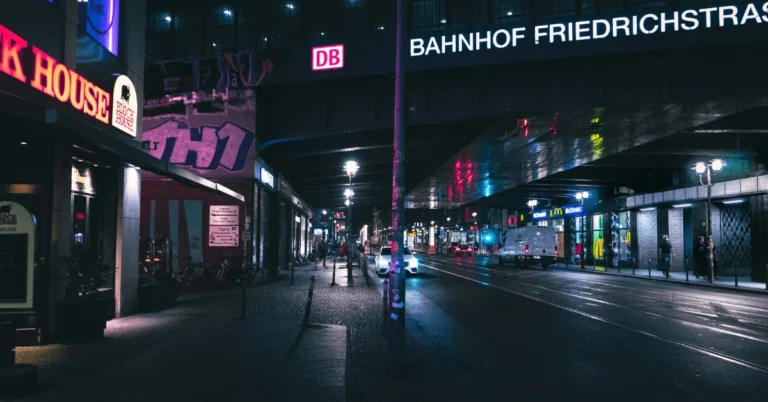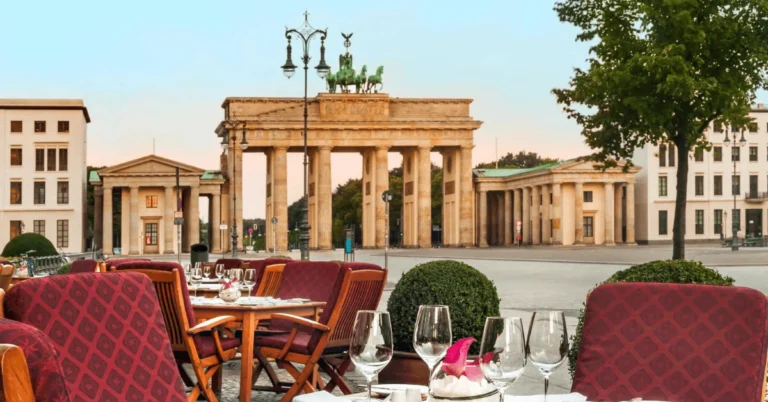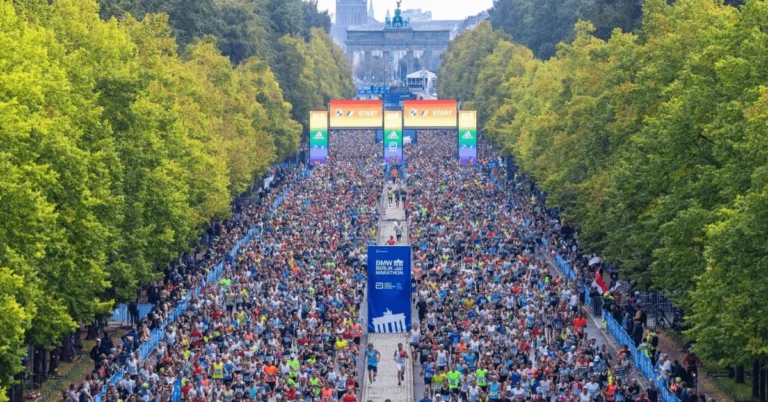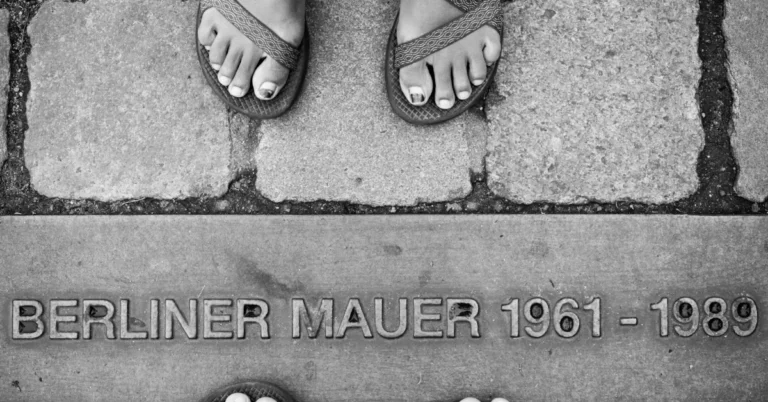German fashion designers have significantly impacted the global fashion scene, showcasing their undeniable talent and unique aesthetics. Over the years, these designers have fused traditional craftsmanship with modern innovation, setting trends and shaping how we perceive and experience fashion.
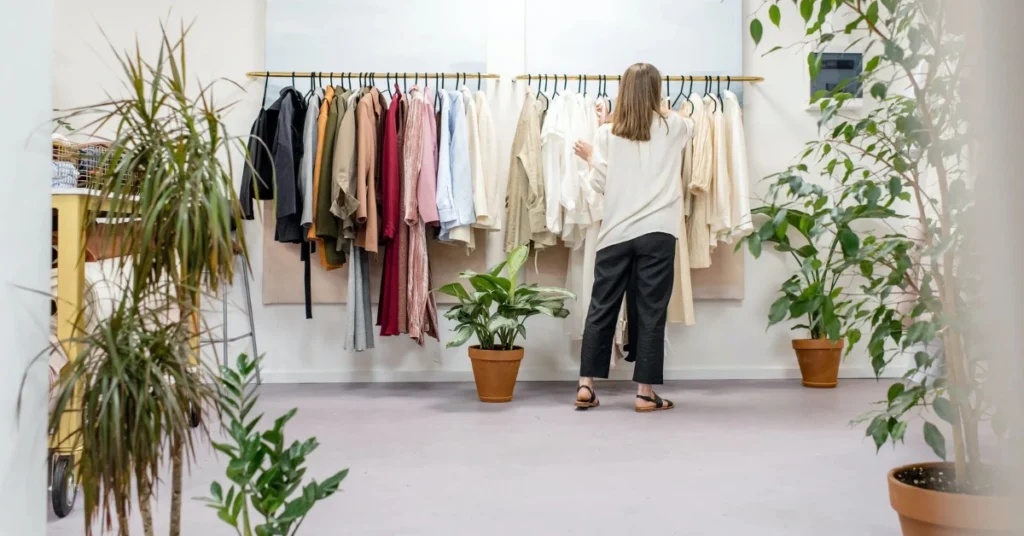
To truly appreciate the diverse contributions of German fashion designers, it’s essential to explore the works of established and emerging talents. From iconic figures like Karl Lagerfeld to young trailblazers like Bobby Kolade, these designers continue pushing boundaries, challenging norms, and redefining style. Let’s dive into German fashion and discover the key players that helped put Germany on the fashion map.
Pioneers of German Fashion Brands

Jil Sander
Jil Sander is a world-renowned German fashion designer best known for her minimalist designs and focus on high-quality materials. Born in Hamburg, she began her design career in the 1960s and quickly made a name for herself in the world of fashion. She established her own label in 1973 and became synonymous with a purist and clean design aesthetic that appealed to modern, sophisticated women.
Her creations often feature neutral colors, sleek lines, and careful tailoring, showcasing a refined sense of elegance and luxury. As a pioneer of German fashion design, Jil Sander has significantly influenced the direction and development of contemporary fashion in Europe and worldwide.
Wolfgang Joop
Another remarkable figure in German fashion design is Wolfgang Joop. Having launched his first fashion collection in 1978, Joop has achieved immense success over the past decades. He is the founder of the fashion and cosmetics brand JOOP!, which quickly became popular for its unique blend of classic elegance and extravagant details.
Wolfgang Joop has always exhibited an eclectic sense of creativity, which is evident through his bold designs and unexpected combinations of materials. This adventurous approach to fashion has established Joop as a tastemaker in the industry and remains a significant influence on the ever-changing landscape of German fashion.
Hugo Boss
A few names, such as Hugo Boss, are synonymous with German fashion design. Founded in 1924 by Hugo Ferdinand Boss, the company initially specialized in producing uniforms but later transitioned to producing high-quality menswear following World War II. Today, Hugo Boss is a global brand well known for its stylish and luxurious clothing, renowned for its clean lines and impeccable tailoring.
With its roots in metropolises like Berlin and Munich, the brand continues to embody the essence of German fashion, which is highly professional, sophisticated, and innovative. The prominence of this brand and its contribution to the fashion world is a testament to Germany’s impact on European and global design.
Innovative German Fashion Labels

Adidas
We all know Adidas as a globally recognized sports brand, but it’s important to remember its German roots. Founded by Adolf “Adi” Dassler in 1949, Adidas has become a staple in sports and casual wear. The brand is committed to design and innovation, collaborating with creatives such as Kanye West and Alexander Wang. From classic sneakers to trendy athleisure, Adidas continues to push boundaries and make its mark on the global fashion landscape.
A Kind of Guise
For those who appreciate high-quality menswear, look no further than A Kind of Guise. This Munich-based label focuses on creating sustainable, domestically made clothing with an eclectic touch. Drawing inspiration from various sources, such as music, architecture, and culture, A Kind of Guise’s collections balance functionality and aesthetics. From tailored suits to casual streetwear, the brand takes pride in its attention to detail and craftsmanship.
PB 0110
Also hailing from Germany is the Berlin-based fashion label PB 0110. Founded in 2012, the brand specializes in high-quality leather goods. PB 0110’s minimalist, timeless designs allow seamless integration into any wardrobe. The brand is also committed to sustainability, sourcing its leathers from Europe and ensuring high ethical and environmental standards throughout production. With a range of beautiful bags and accessories, PB 0110 is a testament to Germany’s dedication to design and sustainability in the fashion industry.
German Fashion and Sustainability

Sustainable and Ethical Labels
Germany is home to several clothing brands that are not only stylish but also committed to sustainability and ethical practices. For example, Armedangels is rated as great for its dedication to eco-friendly practices. Numerous designers from various cities, such as Berlin, Hamburg, Cologne, and Munich, strive to make a positive impact on people, animals, and the environment. You can find 24 German sustainable fashion labels that are stylish and follow ethical practices.
Use of Upcycled and Natural Materials
Beyond sustainable labels, many German fashion designers focus on using upcycled and natural materials in their collections. One such designer is Bobby Kolade, who is part of a trend of young German designers dedicated to creating and promoting sustainable eco-fashion. Some fashion labels even collaborate with organizations like the Fashion Council Germany to strengthen the German fashion industry with a focus on sustainability.
When it comes to materials, we can find a variety of upcycled and natural options:
- Upcycled fabrics: Designers repurpose discarded materials or manufacturing waste to create new garments, reducing waste while producing unique pieces.
- Organic cotton: Free from harmful pesticides and other toxins, organic cotton is more eco-friendly than traditional cotton.
- Recycled fabrics: Clothes made from recycled polyester or other materials help reduce waste and decrease the need for new materials.
- Natural materials: Fabrics such as silk, linen, and hemp are renewable and biodegradable resources, minimizing environmental impact.
Emerging German Fashion Designers
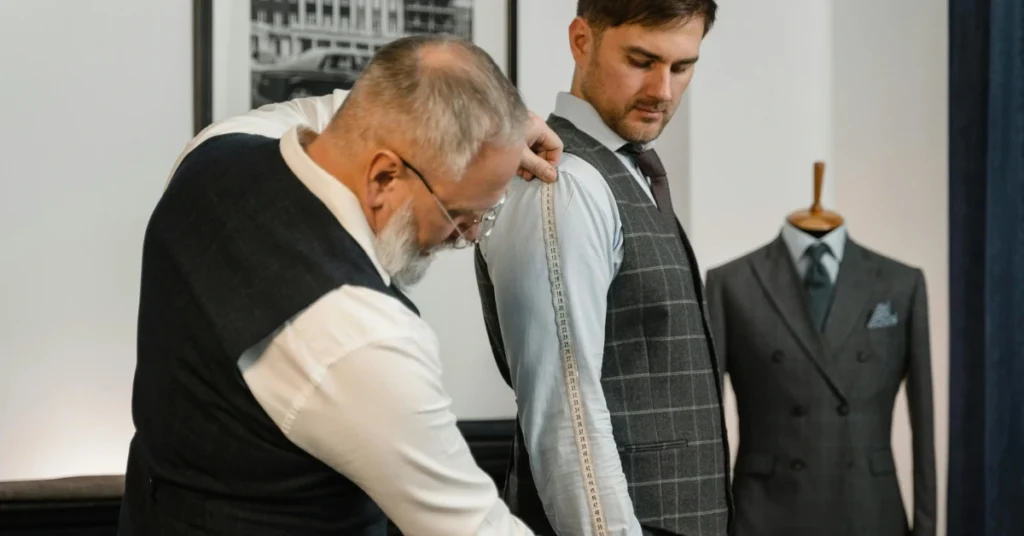
Bobby Kolade
Bobby Kolade is a shining example of this new generation of designers. Born in Sudan to Nigerian parents, he studied fashion design at Weißensee School of Art and gained experience at Balenciaga before launching his own label in 2013. Kolade’s designs focus on sustainable eco-fashion, and he consciously avoids using fur and leather in his collections. His commitment to ethical fashion has made him a prominent figure in the industry.
Young German Designers
The rise of young German designers is paving the way for a more diverse and sustainable fashion scene. They are incorporating innovative techniques, environmentally friendly materials, and a fresh perspective on design. Here are some key characteristics of their work:
- Sustainability: Focusing on eco-friendly production methods and materials.
- Innovation: Experimenting with new technologies and techniques in fashion design.
- Minimalism: Embracing clean lines and simplicity in their designs.
German Fashion Cities

Berlin
Berlin is known for its edgy, creative, and diverse fashion scene. The Berlin style encapsulates the city’s vibrant and revolutionary spirit, boasting many unique and innovative designs. Streetwear plays a significant role in the fashion landscape, with Berlin’s street style truly reflecting the city’s eclectic personality. Additionally, Berlin’s famous nightlife contributes to its fashion, with rave fashion yet another expression of the city’s dynamic nature.
Munich
Munich, on the other hand, cherishes tradition and elegance, which is evident in its fashion choices. Renowned for its luxury shopping streets, the city is home to flagship stores of famous German fashion designers and international high-end brands. Munich’s style is often characterized by a blend of classic sophistication and contemporary chic, providing a polished and refined look.
Hamburg
Lastly, Hamburg offers a diverse and lively fashion scene that embodies the city’s maritime history and cosmopolitan spirit. Strongly influenced by neighboring countries like Denmark and the Netherlands, Hamburg offers a range of minimalist, functional, and sustainable styles. The city embraces avant-garde and classic designs, making it a versatile and exciting destination for fashion enthusiasts.
Frequently Asked Questions
Who is the most famous German fashion designer?
The most famous German fashion designer is Karl Lagerfeld, who is known for his work with Chanel, Fendi, and his own label.
What fashion brand is from Germany?
Adidas is a globally recognized fashion brand from Germany, renowned for its sports and lifestyle wear.
Who is the German born fashion designer?
Karl Lagerfeld was a German-born fashion designer who was celebrated for his influential and iconic contributions to the fashion industry.
Is Germany big on fashion?
Yes, Germany has a significant presence in the fashion industry, strongly focusing on quality, sustainability, and innovation. It hosts major fashion events and is home to internationally recognized brands and designers.
If you liked this blog post about the topic: German Fashion Designers, don’t forget to leave us a comment down below to tell us about your experience with it.
